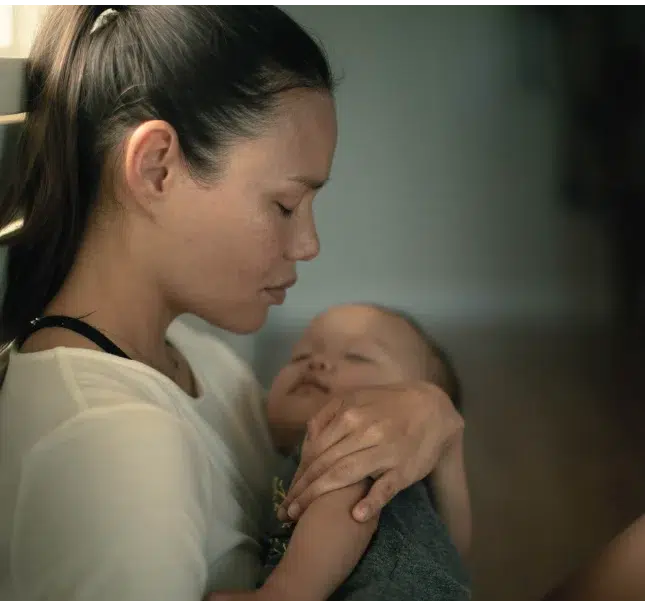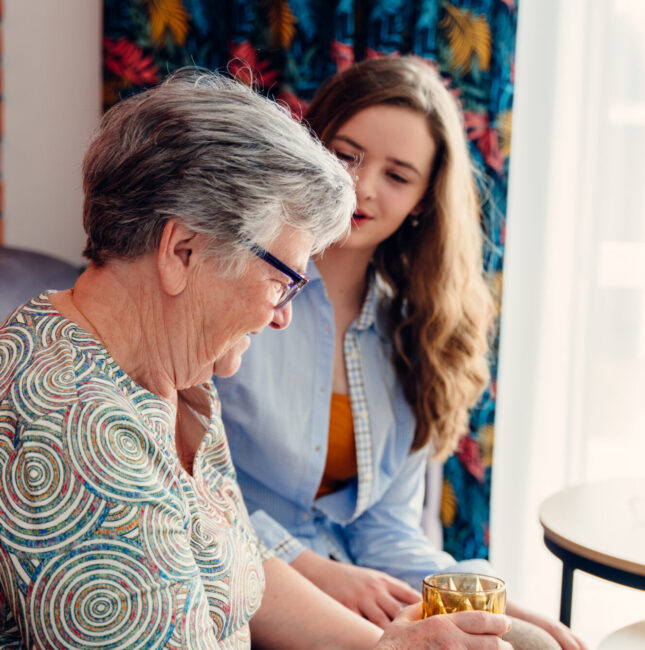Do you feel stuck – like there’s something you just can’t resolve on your own?
For many people, life is like a house of cards. We teeter along barely managing to hold up our sky high pile of commitments and stressors. It feels as though one more card will bring them all crashing down creating an overwhelming mess.
Counselling provides an opportunity to explore tricky life experiences or concerns in a safe and reflective environment. When feelings become overwhelming or confusing, counselling can be really helpful. We work with you, assisting you to face challenges and stressors, coming up with suggestions to tackle or resolve these challenges. We listen, talk through experiences and help you think about ways forward. Common issues addressed in counselling include family transitions, communication issues, work/life balance, conflict, parenting after separation, grief and loss and decision making. We also offer free pregnancy counselling sessions on the Northern Beaches and in Northern Sydney suburbs.
We offer Government funded, fee-for-service and NDIS approved therapy options for yourself, your children and as a family unit with face-to-face sessions at our Artarmon, Brookvale, Tuggerah and Waitara based Family Centres as well as via telehealth. Counselling fees are $65 per hour (with a $25 fee for concession card holders). CatholicCare will not refuse service in cases of financial hardship. See here for our full price guide. We are here for you.
For more information:
P: 1800 324 924
E: info@catholiccaredbb.org.au

CONNECT WITH A COUNSELLOR
Your best interests are our primary focus. We walk alongside you, not in front of you, providing an empowering, genuine and non-judgemental space. You can expect to receive kindness, empathy and compassion.
I have been under immense stress and things were spiralling. They were so patient with me.
Louise
Frequently asked questions
I am not Catholic, can I still access your service?
How long are counselling sessions?
Is it best I do counselling face-to-face or is online OK?
What is the difference between counselling and psychology?
What makes counselling so helpful?
What if I don’t like my therapist?
How do I know if counselling is working?
Is it confidential?
When does my counsellor have to break my right to confidentiality?
OUR LATEST COUNSELLING NEWS
The importance of post natal mental health
Parenthood can be an extremely emotional time for everyone as it brings immense change. It can be both joyous and...
Read MoreHow to support someone struggling with their mental health
Has someone ever come to you in a mental health crisis, and you found yourself lost for words? If so, you are not alone. Our counselling team have put their heads together to answer some frequently asked questions on this important topic.
Read MoreHow to talk to someone going through a difficult time
“It’s all about compassion, empathy and active listening when talking to someone who is going through a hard time,” says Peter Brown who works as a Hospital Chaplaincy and Pastoral Care Manager at CatholicCare. For Peter, he looks to Jesus and St Mary of the Cross MacKillop as models of compassion. As Australia’s first saint, Mary Mackillop was “a big-hearted woman full of love and compassion.
Read MoreCounselling helps Prisha recognise coercive control
"We had the privilege of supporting Prisha, aged 28 through her journey after receiving a referral from CatholicCare’s Family Connect and Support team,” says CatholicCare Counsellor Michele. “Prisha was born in India and her family still reside there.
Read More




